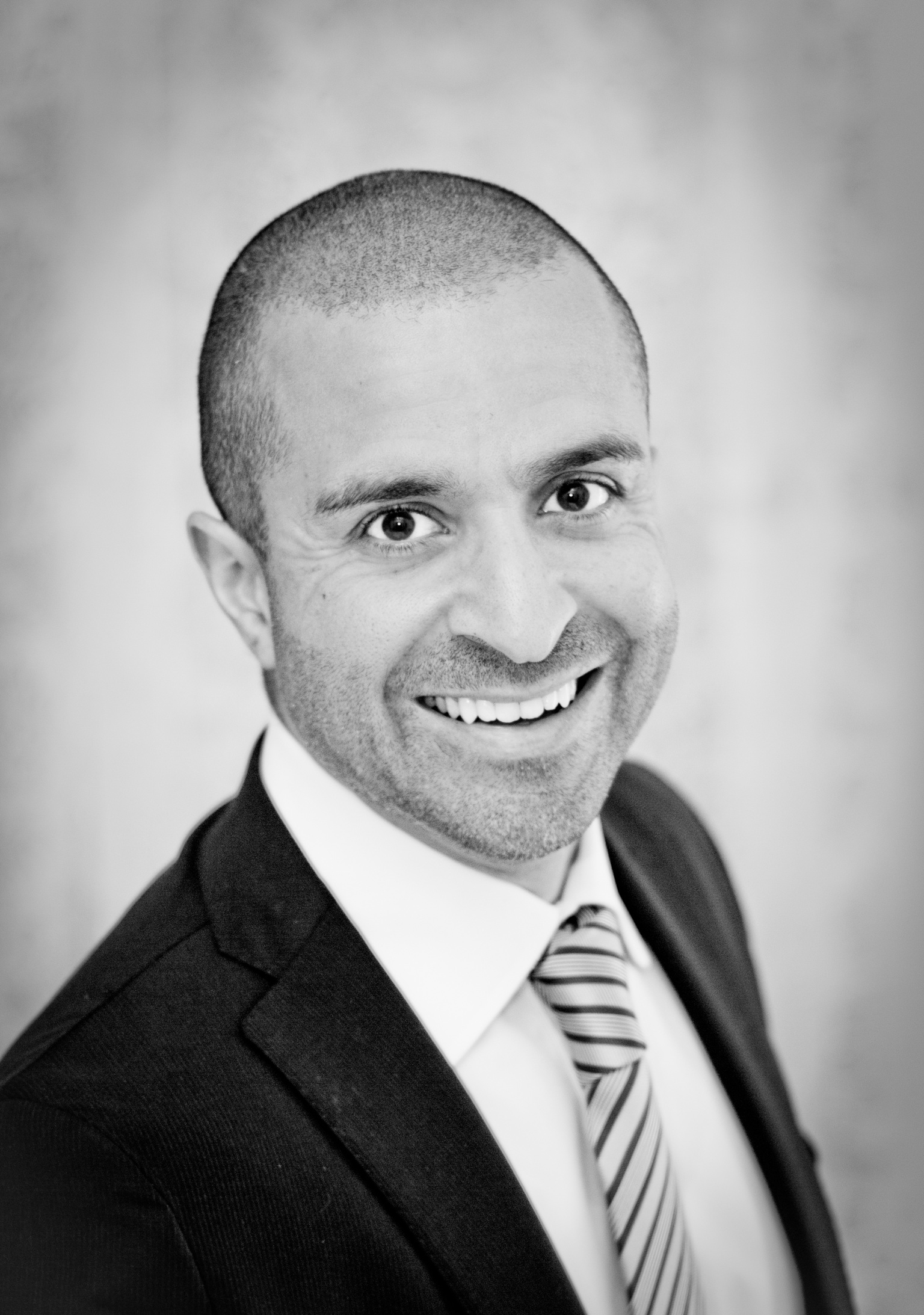Calling: Dysfunctionalities Question the Neo-Liberal Role of Telecommunications Operators
Financial and economic crises, shrinking revenues in core business, stagnating and falling share prices, several scandals – from suicides at France Telecom, data privacy leaks at Deutsche Telekom, balance fraud at Worldcom, employee striking against downsizing in times of record profits, growing customer complaints. In addition new technologies, such as internet telephony, social network technologies and new business models such as over-the-top and freemium threaten the core business of connectivity: We can look at these events each individually and non-separated – or recognise a pattern of recurring issues of telecommunications operators – they are too slow, too rigid to cope with permanent change; poorly managed to yield for profits – not designed for profit, but too critical (for economy and society) to fail. The situation is becoming more emergent, since our social and business life becomes more digitized and is dominated by a handful of Silicon Valley internet companies which determine the world’s internet traffic and accumulate never-known revenues, profits and cash positions. The burning question emerges from these dysfunctionalities: What is the role of telecommunications and how can it contribute to societal well-being?
scandals – from suicides at France Telecom, data privacy leaks at Deutsche Telekom, balance fraud at Worldcom, employee striking against downsizing in times of record profits, growing customer complaints. In addition new technologies, such as internet telephony, social network technologies and new business models such as over-the-top and freemium threaten the core business of connectivity: We can look at these events each individually and non-separated – or recognise a pattern of recurring issues of telecommunications operators – they are too slow, too rigid to cope with permanent change; poorly managed to yield for profits – not designed for profit, but too critical (for economy and society) to fail. The situation is becoming more emergent, since our social and business life becomes more digitized and is dominated by a handful of Silicon Valley internet companies which determine the world’s internet traffic and accumulate never-known revenues, profits and cash positions. The burning question emerges from these dysfunctionalities: What is the role of telecommunications and how can it contribute to societal well-being?
Innovation Ecosystem: Technology Innovation, Corporate Culture, Social Responsibility, Business Development all belong to the Organisation’s Innovation Ecosystem
While being enrolled in the PhD programme with Trans4m and Da Vinci, Reza was working as a management consultant for various telecommunications operators across Europe, Middle East, Asia and Africa. He noticed that organisational resources, respectively business units pursue different objectives at first sight whereas the purpose behind these activities is the same: Building sustainable business to secure revenues for a healthy organisation as part of society. The issue was that in none of the telecoms companies they were aware of this purpose, rather hiding behind glossy mission statements in business terms. Striving for the well-being of the organisation can be reconciled with the well-being of society – and these elements opt to drive innovation, one being purposeful and with tangible value, for the organisation and for society. Reza’s goals was to demonstrate that an integral approach of various business functions, namely technology and corporate responsibility and corporate culture and business development, creates business benefits with social impact.
Integral Innovation: An Integral Framework for an Integral Telecoms
Integral Research was used to develop a conceptual framework to sketch the innovation ecosystem. The indented research path (in this case the Northern Path of Reason) was applied to define the transformation strategy:
- South: Initiate new product innovation with societal needs
- North: Determine new technologies or re-combine existing technologies in another, societal-rooted context, assure the use of eco-friendly technologies within a socially compliant value chain
- West: Develop the business case and product development plan incl. marketing, sales with specific focus on valuing and promoting the societal and/or environmental benefits
- East: Iterate the mentioned sustainable product development process to create a conscious organization with responsible leaders and teams.
Integral Impact: Towards Integral Telcom Enterprises
The iteration generates a higher and larger-impacting transformation of business processes aligned with social responsibility.
As such, social responsibility is not alienated from business and not functioning as greenwash unit, rather inspiring for purposeful product and business development. Reza’s research, also that of other integral cases, shows that integral companies achieve higher employee satisfaction, strive for creativity and innovation, create sustainable revenues and profits, generate more loyal customers with lower churn rates, and attract shareholders with long-term objectives. The application of the framework has the potential to create integral companies which serve and benefits from society and therewith co-develop in alignment with societal needs.

